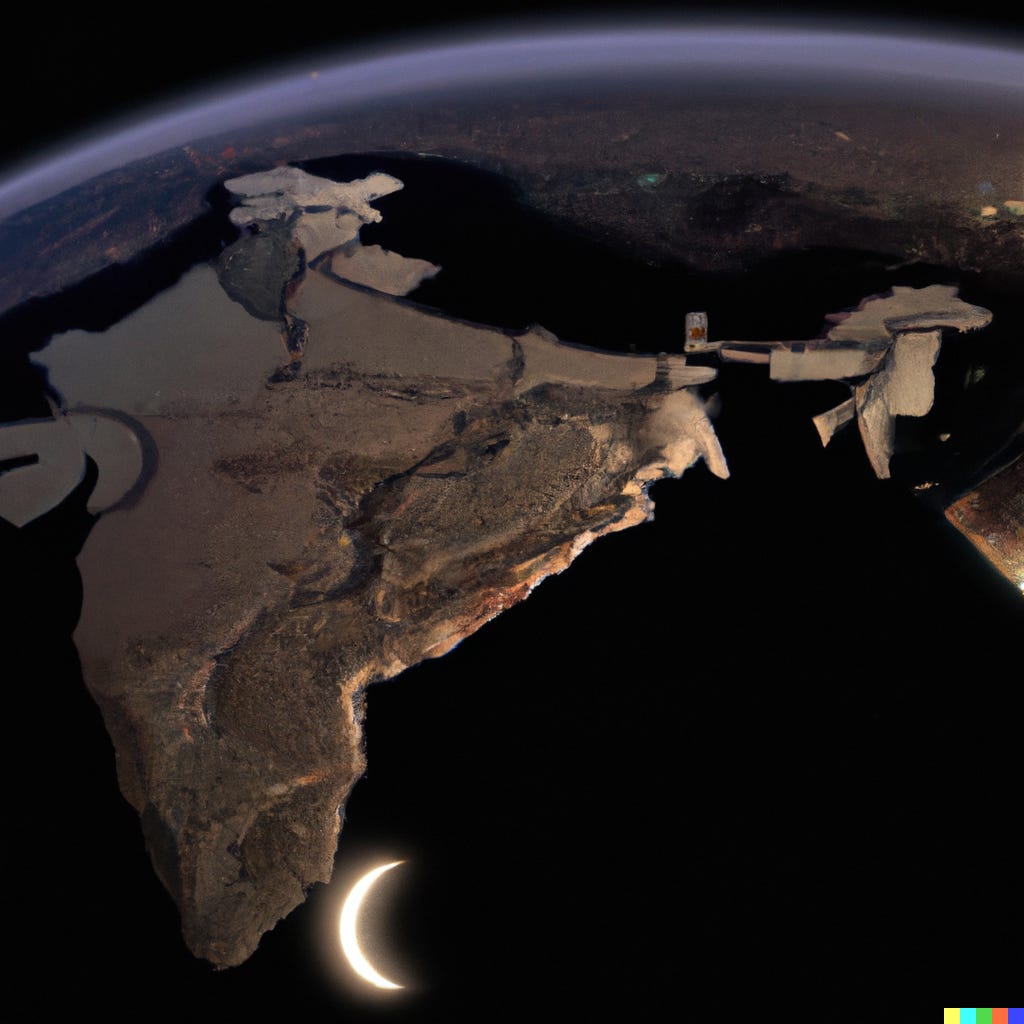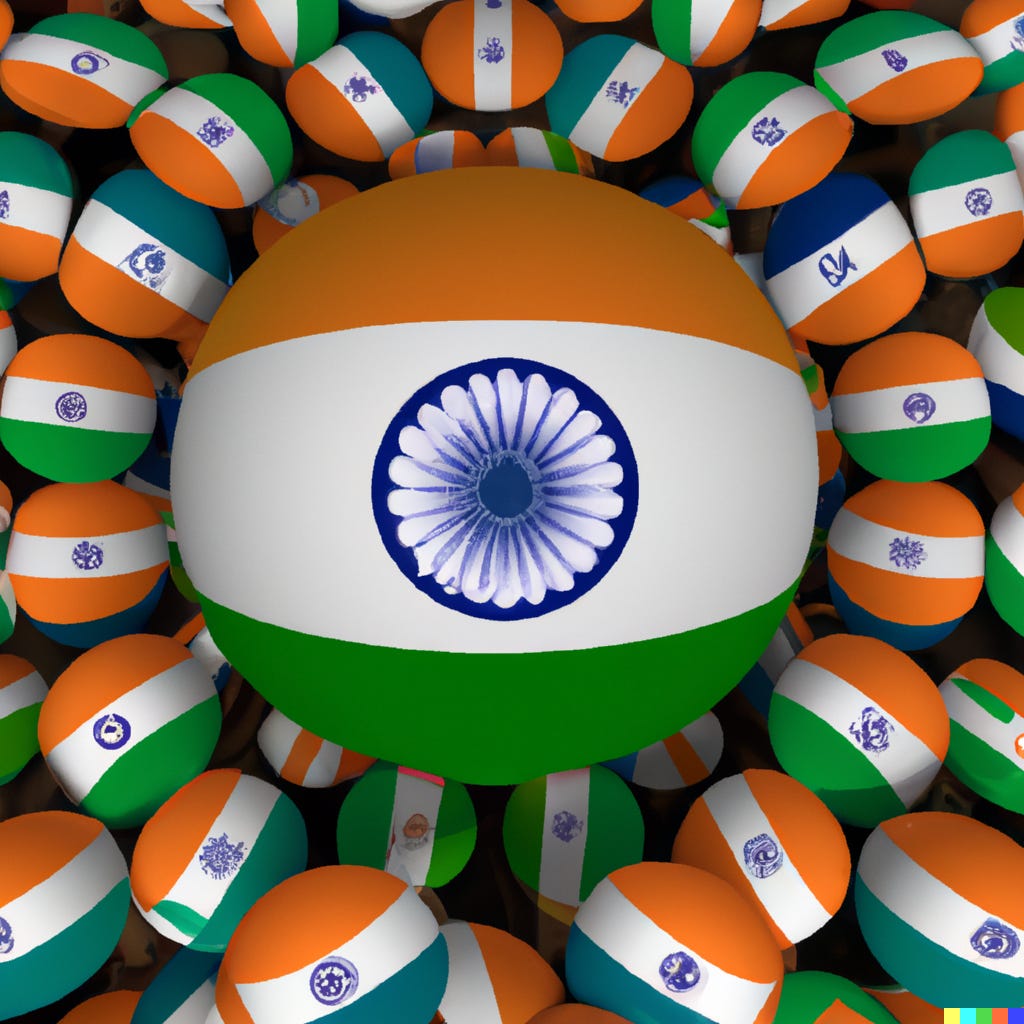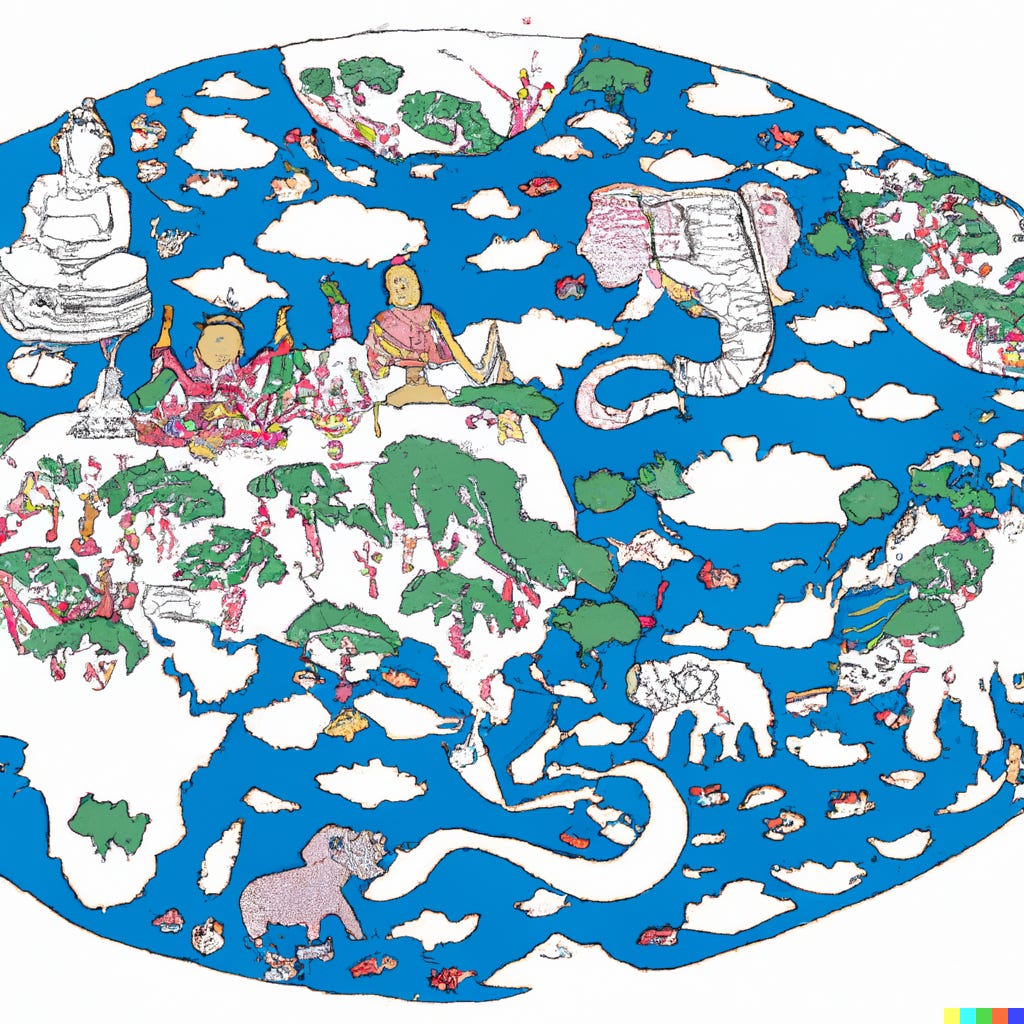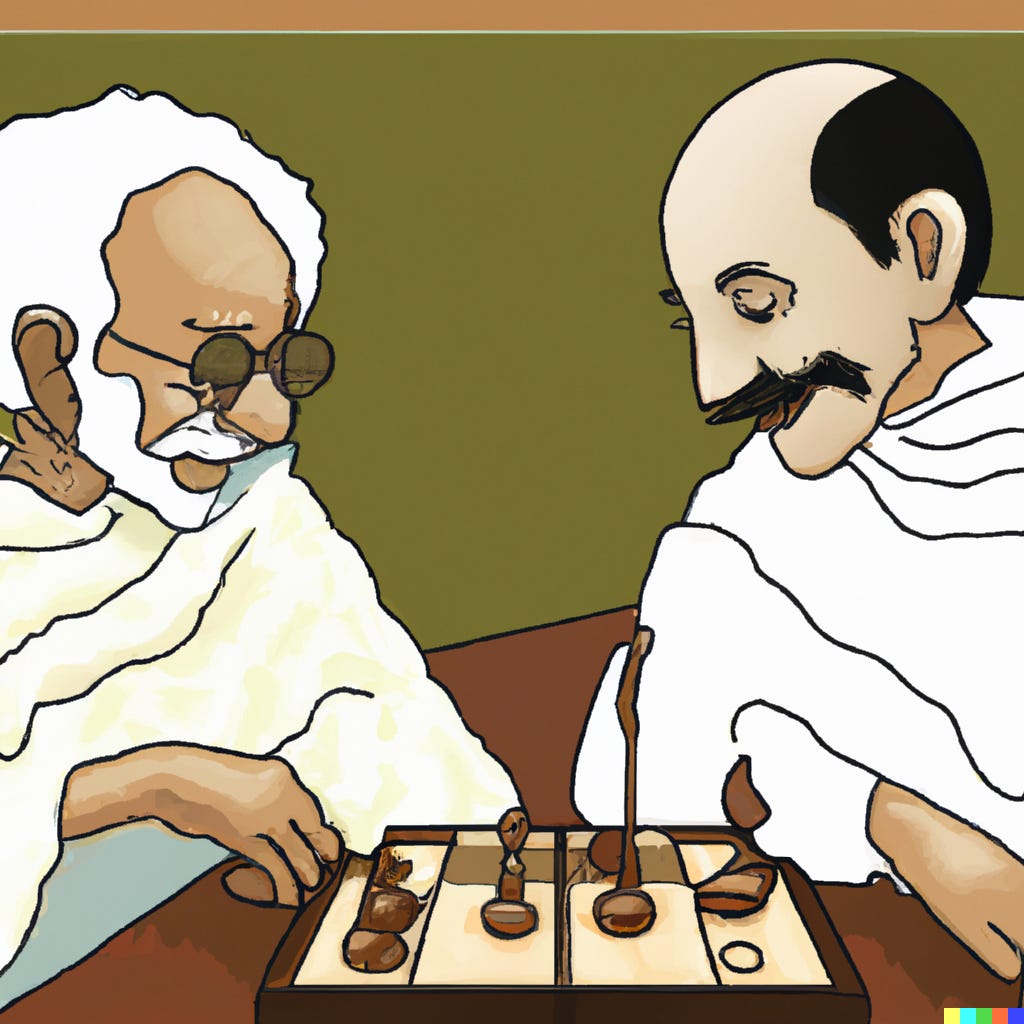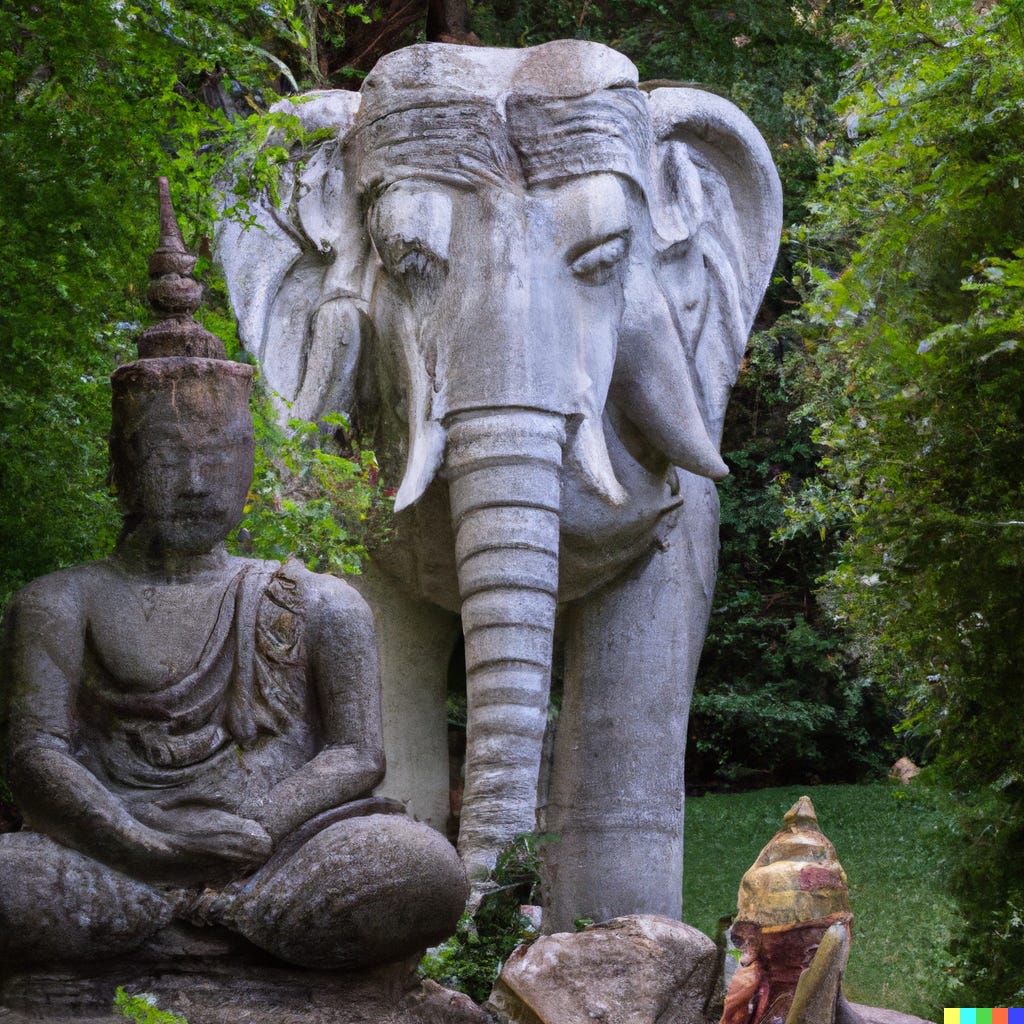Planetary India: seventy five years of Indian Independence
Today is the seventy fifth anniversary of India’s independence from British rule. It was a monumental achievement built on the sacrifice of millions. Independence itself was a violent affair, as it came with the Partition of India into India, Pakistan and further on, Bangladesh. I grew up in a neighborhood in Delhi where most families (not mine) were Hindus and Sikhs from what became Pakistan. The wounds and memories of life before partition were still alive in my neighbor’s lives. The patriarch of my landlord’s family read a Punjabi newspaper in the Persian script until the day he died.
But today, both Independence and Partition have been driven into the mental underground. Most Indians alive today are too young to have any direct connection with the events that led to India’s independence from colonial rule or the bloodbath that accompanied it.
Since freedom and independence no longer have a visceral feel to them, what’s left is the fetishization of the product of independence - the nation and nationalism. Increasingly, and ever more explicitly, the Indian nation is consumed by unfreedom of various kinds, some led by the state and others led by the market. The two pincers of unfreedom are ever more intertwined. We are now a country that celebrates tanks and bulldozers.
There are lots of reasons why we are like that only, but I want to highlight one: the failure of our collective imaginations. For the first four decades after independence, we dreamt a statist dream. That dream died with the Soviet Union. I don’t miss that dream - India was a terribly boring and constrained place in those years. Then we hitched our carts to a neoliberal dream of market based prosperity and irrational exuberance. That dream is an unequivocal a social media fueled nightmare, where the state has come roaring back as an authoritarian accomplice to a predatory market.
We are done with our tryst with destiny and Shining India was never going to happen. What’s plan C? We need a new dream. What could that be?
If you have been reading my scribblings for the last few months, you have heard me say this a million times: the only viable dream left anywhere in the world is a planetary dream for human life makes sense only in the light of the planet.
So the third Indian dream has to be a planetary dream. Yeah, but what’s Indian about the planetary dream? Shouldn’t we be setting aside our artificial boundaries and working towards one planet for all?
Indeed. Solidarity across species and planetary boundaries is where its at, and where my heart’s at too.
But we can’t wish away our current historical condition where nation states exert so much influence - that would be hallucination rather than imagination. It’s better to do what it takes to embed Indian aspirations into planetary discourse than to bet on the current system withering away or collapsing, for its likely to turn malignant before it exits stage left.
One way to cultivate the planetary Indian imagination is by revisiting the famous debate between Gandhi and Tagore on their imaginations of India. I have to admit that until recently, I read their arguments from Gandhi’s side of the ledger, but of late, I am coming around to the opinion that Tagore was the more ecological thinker of the two.
Their posthumous careers have an element of irony: in his lifetime, Tagore was a fierce opponent of nationalism and was a real humanist, but his fate has become ever more parochial, with his embalment as a Bengali icon. Meanwhile, Gandhi’s fame and influence are greater outside India than within. I don’t read Bangla unfortunately, so I will have to make do with English translations as I dig into the planetary poet.
Reading Tagore and Gandhi in the light of the planet surfaces another reason why the Indian Anthropocene has value — our default is to assume that the people who matter when it comes to planetary imagination have names like Hansen and Gore and Thunberg.
Couldn’t be more wrong.
Ideas, ideals and institutions outside the west, in fact, anti-colonial ideas, ideals and institutions, are the only way forward for us as a species. All the more so at a time when India and China are as much colonizer as colonized.




